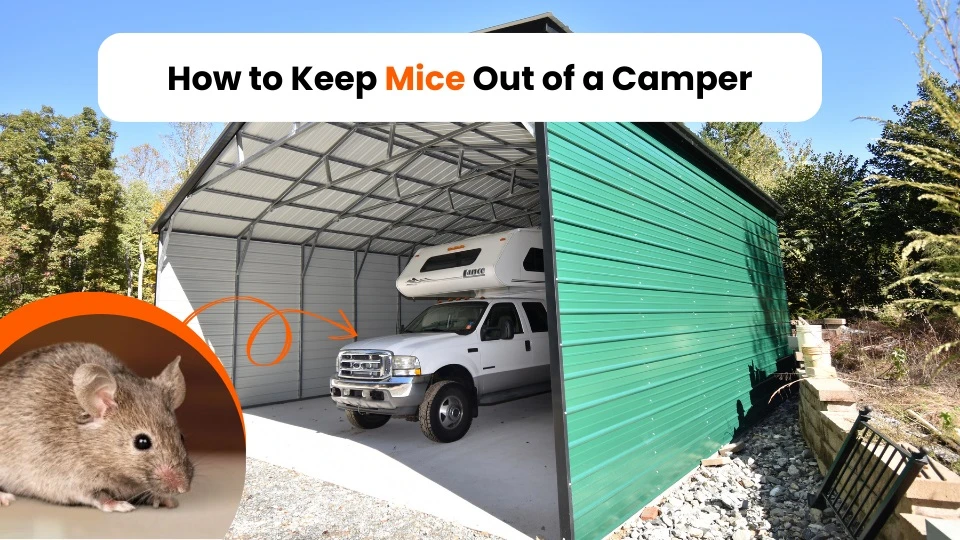How to Keep Mice Out of a Camper

As camping enthusiasts, we cherish the freedom and adventure that come with hitting the open road. However, one unwelcome guest that can quickly turn your enjoyable outdoor experience into a nightmare is the common mouse. These small rodents are not only a nuisance; they can cause significant damage to your camper, nesting in hidden areas, chewing through wires, and contaminating food supplies. Keeping mice out of your camper is crucial for maintaining its integrity and ensuring a pleasant experience every time you venture out. This guide provides effective strategies to prevent mice infestations and safeguard your beloved camper.




